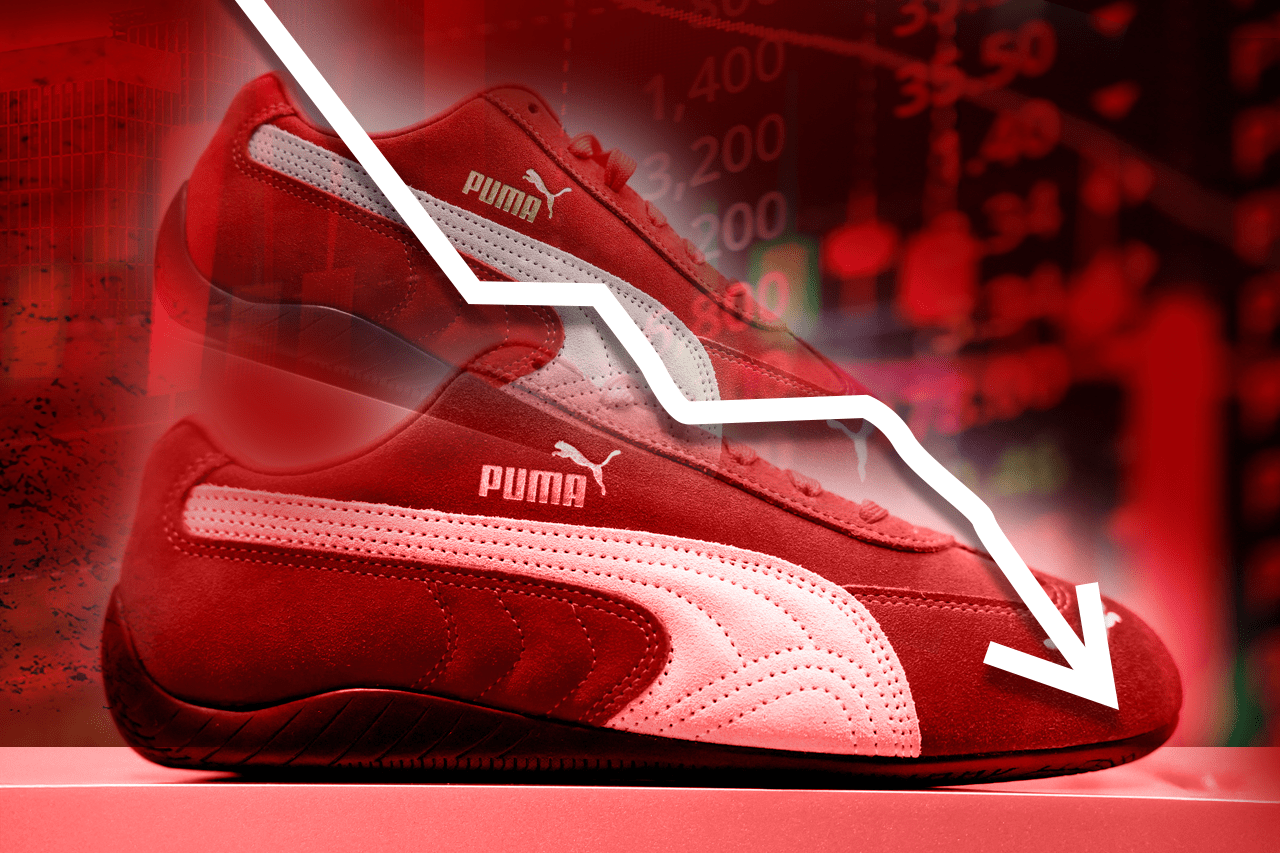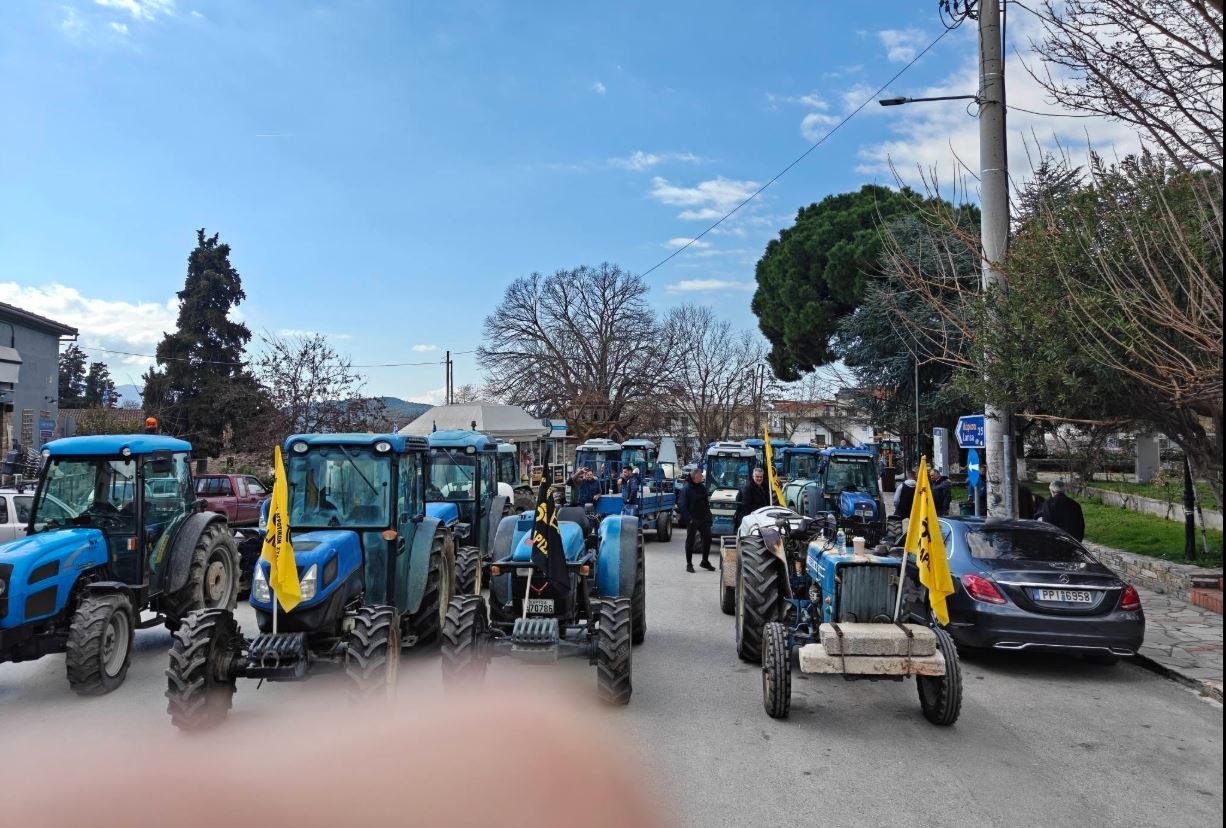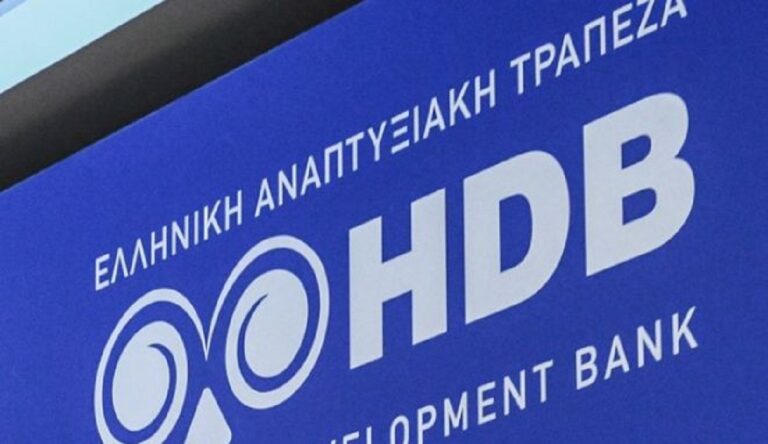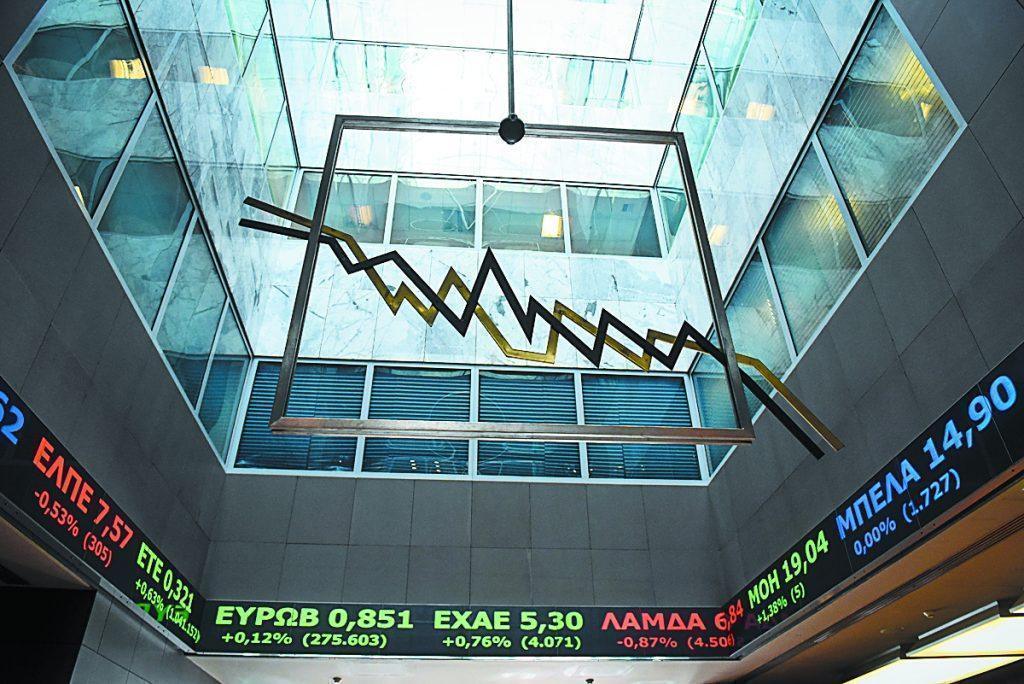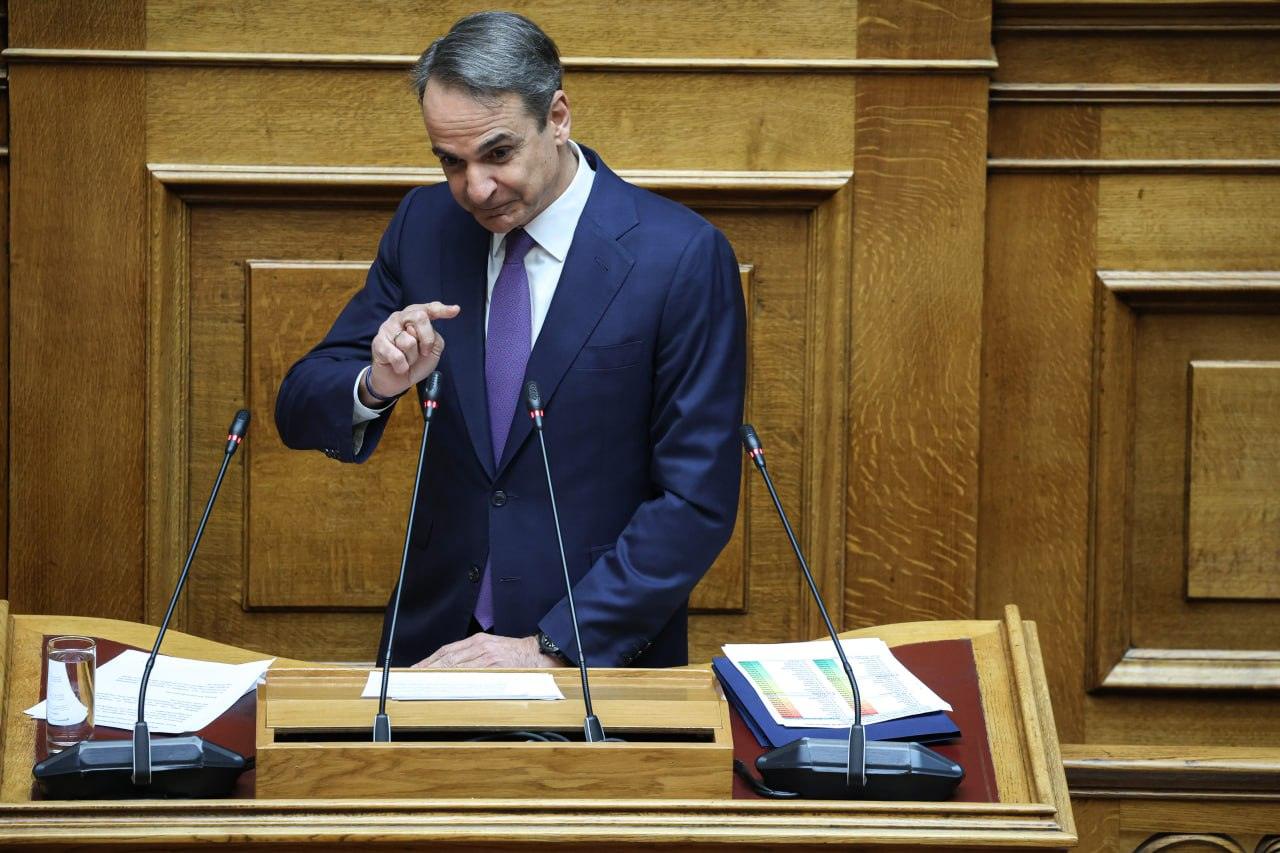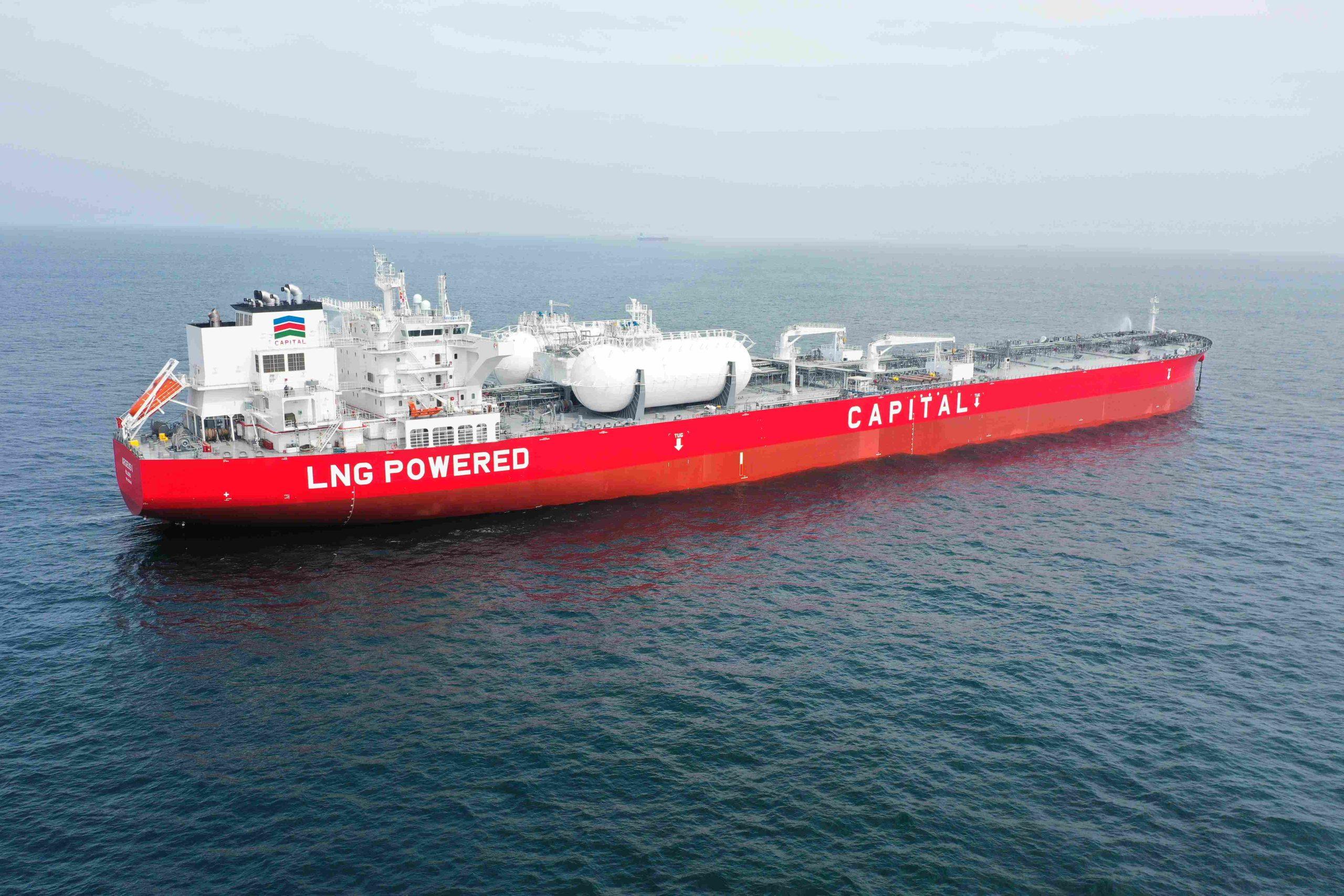Five out of 10 businesses that participated in the summer sales recorded lower sales compared to the same period last year, according to the key findings of the Hellenic Confederation of Commerce and Entrepreneurship (ESEE) survey.
According to the survey, the 2022 summer sales were completed in an environment of multiple contradictions. The energy crisis seems to be affecting the operation of commercial enterprises in a twofold way: directly, due to the increase in operating costs and indirectly, due to the reduction in domestic demand, because of the fall in disposable income.
On the other hand, the impressive increase in tourist arrivals and receipts significantly stimulates external demand, both compared to 2020, in particular, and 2021.
As such, tourism markets are registering considerably stronger recovery momentum compared to more regional markets, which documents the spatial disparities that the energy crisis seems to be accelerating in the retail ecosystem.
The survey on sales
– More than half of the retailers (52%) that participated in summer sales recorded lower sales, compared to the same period last year. 29% of businesses were at the same level as in 2021, while 18% saw an increase in turnover.
– Interesting findings emerge from the performance of businesses by major geographic region.
Sales on the islands
Islands appear to have performed better than the rest of the country due to tourism, which, this year, has been at a very high level, compared to the last two years.
In other words, tourism seems to have been beneficial for business sales, but has not been able to fully compensate for the losses caused by the energy crisis, inflationary pressures and supply chain shocks.
– These developments are confirmed by the decline in store footfall, with more than half (52%) reporting a decline. At the same time, 24% of businesses believe footfall is at the same level as last year.
Trade traffic
– The above findings raise concerns about the potential for a recovery in the commercial market.
However, two parameters should not be forgotten: On the one hand, the fact that the comparison is being made with the 2021 summer sales, when sales had shown an ephemeral growth due to the return to “relative normality”.
On the other hand, the market is facing strong inflationary pressures this year with negative effects on real income and, thus, on purchasing power and expectations.
– In addition, these results are in line with the question of the degree of convergence of summer sales turnover with the corresponding turnover in 2019, the last normal year before the pandemic.
The turnover
Just 2% of businesses said they exceeded their 2019 turnover, while 44% noted that they did not approach it at all or approached it only slightly.
– For half of businesses (50%), the best sales period in terms of foot traffic was July, something really common in recent years.
However, this year, the first fortnight of August was noticeably up compared to previous years.
– There were no changes in the level of the discount rate as 30% of businesses made discounts between 21% and 30%.
However, a large percentage of firms (30%) adopted discounts above 41%, a typical indication of the pressures in the sector and the need to find liquidity.
– Sales of 61% of firms were lower than they had expected, despite negative expectations created by the wave of price increases and rising energy costs.
Did energy costs affect businesses?
After all, for 73% of businesses, rising energy costs negatively impacted them, contrary to the fact that the industry is not considered energy intensive.
– For 67% of businesses, the increase in business operating costs in the last six months (from March 2022 onwards) has been between 11% and 40%.
This particular burden in such a short period of time underlines the magnitude of the problem due to price increases, despite government relief measures and before the arrival of the energy-intensive winter, while at the same time calling into question the viability of the businesses themselves.
This charge in such a short period of time underlines the magnitude of the problem caused by the price increases, despite government relief measures and before the arrival of the energy-intensive winter, while at the same time it puts the viability of the companies themselves in doubt.
This highlights the need for energy shielding and maintaining support policies through targeted interventions.
– Energy price increases combined with strong turbulence in the supply chain have led to an increase in suppliers’ prices to commercial enterprises.
For 80% of firms, commodity prices increased by 6% to 30% from March 2022 onwards.
As an example, businesses that said they were buying goods at the same prices from suppliers in the 2022 winter sales survey (March 2022) stood at 19% compared to 2% just six months later.
Inflationary pressures
Against the backdrop of strong inflationary pressures, almost half of businesses (45%) managed to absorb, even partially, the increases in commodity prices so that it was not passed on entirely to the final price.
In fact, 17% of enterprises managed to absorb the increase in suppliers’ prices in full.
44% of enterprises absorbed between 11% and 30% of the price increases so as not to burden consumers, while 21% of enterprises absorbed between 41% and 70%.













